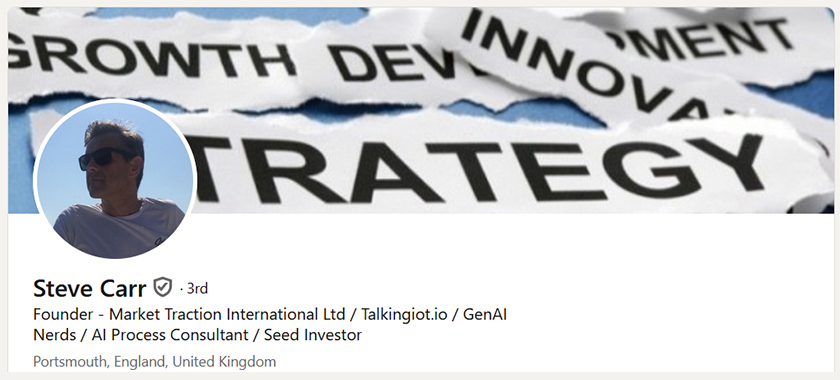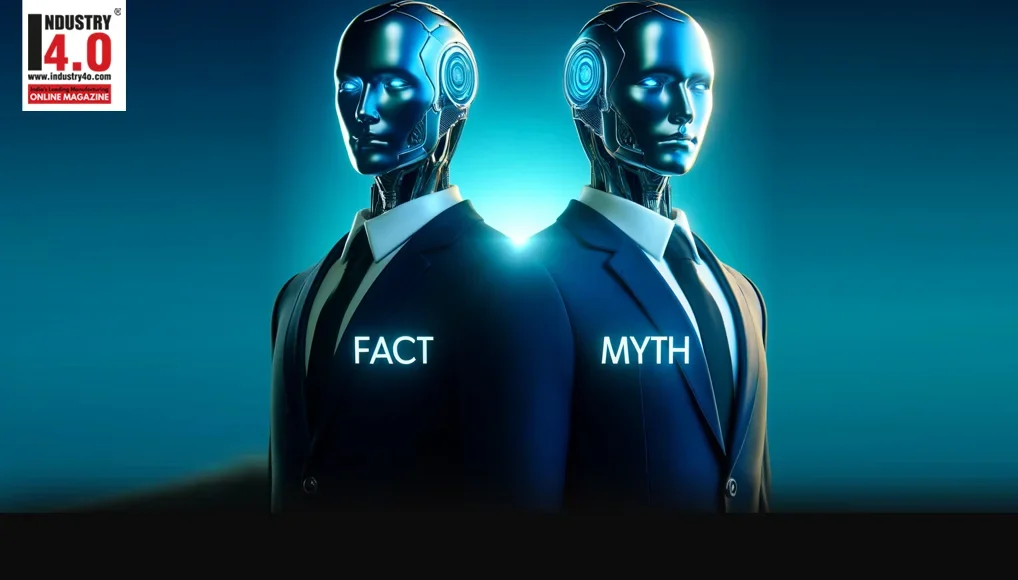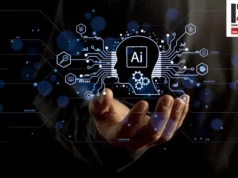Debunking Myths About Artificial Intelligence: Separating Fact from Fiction
Artificial Intelligence (AI) has captured the imagination of the world, sparking both excitement and apprehension. As this transformative technology continues to evolve, numerous myths and misconceptions have emerged, fueling unrealistic expectations and unfounded fears. In this article, we will explore and debunk some of the most prevalent myths surrounding AI, shedding light on the realities and nuances of this rapidly advancing field.
Myth 1: AI Will Replace All Human Jobs
One of the most pervasive myths is the notion that AI will ultimately replace human workers across various industries. While AI and automation have indeed altered the job landscape in some sectors, the truth is far more nuanced. AI is not a replacement for human intelligence but rather a tool to augment and enhance human capabilities.
In the healthcare industry, for instance, AI is being used to analyze medical images, assist in diagnosis, and predict patient outcomes. However, the roles of healthcare professionals remain essential in interpreting AI-generated insights, making critical decisions, and providing the human touch that patients need. Rather than eliminating jobs, AI is enhancing the capabilities of healthcare professionals, allowing them to deliver better and more efficient care.
Myth 2: AI Understands and Thinks Like Humans
Another prevalent myth is the belief that AI possesses human-like understanding and reasoning capabilities. In reality, AI does not “understand” information in the same way humans do. AI systems excel at processing and analyzing vast datasets, identifying patterns, and making predictions based on statistical models, but they lack the depth of human cognition and reasoning.
Virtual assistants like Siri and Alexa can seem conversational, but they operate on predefined scripts and algorithms. They recognize speech patterns and keywords to respond rather than genuinely comprehending the meaning of language. Understanding the difference between human and machine intelligence is crucial for setting realistic expectations for AI.
Myth 3: AI Is Always Accurate and Unbiased
The objectivity and infallibility of AI are often overestimated. AI systems are only as good as the data they are trained on. Biases present in training data can perpetuate biases in AI outputs, and algorithms can make errors.
Facial recognition technology, for example, has been criticized for biases, especially concerning gender and race. Identifying individuals from underrepresented groups has often been less accurate, highlighting the importance of addressing data bias in AI applications. To mitigate these issues, it is essential to develop and implement rigorous standards and practices for data collection and algorithm training.
Myth 4: AI Is Too Expensive for Small Businesses
It’s a common misconception that AI is a luxury only affordable for large corporations. While AI implementation can be costly, it is not exclusively the domain of big players. As the AI landscape evolves, more cost-effective solutions and tools are becoming available for businesses of all sizes.
Many small businesses now leverage AI-powered chatbots, often created using no-code platforms, to enhance customer service. These chatbots can handle routine inquiries, freeing up human employees to focus on more complex tasks. The cost of implementing such a chatbot, especially when using no-code solutions, can be considerably lower than hiring additional customer support staff. This democratization of AI technology enables small businesses to compete more effectively and improve their operational efficiency.
Myth 5: AI Is a One-Size-Fits-All Solution
Another myth is the belief that AI can be applied universally across all industries and business processes. In reality, AI solutions need to be tailored to specific business needs and objectives. A generic approach may not yield the desired results.
The AI algorithms used for inventory optimization in the retail sector fundamentally differ from those used for medical diagnosis in healthcare. Each industry requires custom solutions for its unique challenges and data sources. Customization ensures that AI applications are relevant, effective, and able to deliver the most significant benefits in each specific context.
Myth 6: AI Can Replace Human Creativity
While AI can be incredibly creative in generating content and ideas, it doesn’t possess the depth of human creativity and intuition. AI’s creative output is often based on patterns and data rather than genuine inspiration.
AI-generated art and music have gained attention, but they are often based on patterns observed in existing works. They can be tools to assist human artists, but they are not substitutes for the depth of human artistic expression and emotional connection. Human creativity involves a unique blend of inspiration, experience, and emotional resonance that AI, as of now, cannot replicate.
Myth 7: AI Is a Standalone Solution
The idea that AI can operate in isolation is a misconception. AI systems are most effective when integrated into existing business processes and workflows. They work in tandem with human expertise to deliver optimal results.
In customer relationship management (CRM), for instance, AI can provide valuable insights into customer behavior and preferences. However, human sales and support teams are crucial for building relationships and providing personalized, empathetic interactions. AI and humans must work together to achieve the best outcomes, blending the strengths of both to enhance overall performance and customer satisfaction.
Myth 8: AI Is Inevitable and Inescapable
Some narratives portray AI as an unstoppable force that will inevitably reshape every aspect of our lives, whether we embrace it or not. However, this deterministic view fails to acknowledge the agency and choices we have in shaping the development and deployment of AI technologies.
AI is not a monolithic entity but a collection of tools and systems designed and implemented by humans. We have the power to guide the ethical development and responsible use of AI, ensuring it aligns with our values and societal needs. Through thoughtful regulation, ethical considerations, and proactive engagement, we can shape the trajectory of AI development in ways that benefit society as a whole.
Myth 9: AI Will Surpass Human Intelligence
A common myth perpetuated by science fiction and popular culture is the idea that AI will eventually surpass human intelligence, leading to a technological singularity where machines become self-aware and potentially superior to humans. While AI continues to make remarkable advancements, the notion of a singularity remains speculative and controversial among experts.
AI systems, no matter how advanced, are still narrow in their capabilities and designed to perform specific tasks. They lack the general intelligence, consciousness, and emotional depth that define human cognition and experience. The concept of AI surpassing human intelligence in all aspects is far from being realized and remains a topic of theoretical debate rather than imminent reality.
Myth 10: AI Is a Solution to Humanity’s Greatest Challenges
Some narratives position AI as a panacea for humanity’s most pressing challenges, from climate change to disease eradication. While AI can undoubtedly contribute to solutions in various domains, it is not a silver bullet.
Many of the world’s most complex problems are deeply rooted in social, political, and economic factors that require multifaceted approaches beyond technological solutions. AI should be viewed as a tool to augment and support human efforts, not as a standalone solution. Effective responses to these challenges involve comprehensive strategies that integrate AI with other critical elements, such as policy changes, international cooperation, and community engagement.
Conclusion
While AI holds immense potential, it is crucial to separate fact from fiction and dispel the myths and misconceptions surrounding this technology. By understanding the realities and limitations of AI, we can set realistic expectations, address ethical concerns, and harness its capabilities responsibly and effectively. As AI continues to evolve, it is essential to engage in open and informed discussions, fostering a nuanced understanding that empowers us to shape the future of this transformative technology.
In embracing AI, we must remain vigilant and proactive, ensuring that we maximize its benefits while mitigating potential risks. Through collaboration, ethical stewardship, and a commitment to continuous learning, we can navigate the complexities of AI and create a future where technology serves humanity in meaningful and positive ways.
About the Author:

Mr. Steve Carr
Founder & Mentor – Market Traction International Ltd
Mr. Steve Carr is the ultimate business wingman! As the founder of Market Traction, Steve has helped countless businesses achieve success through his years of experience in manufacturing and technology. What sets Steve apart from other business consultants is his passion for finding hidden opportunities for growth.
Mr. Steve Carr like a detective, always sleuthing for clues that will help his clients succeed. And his approachable personality makes him easy to work with – you’ll feel like you’re working with a friend rather than a consultant. But don’t let his friendly demeanour fool you – Steve is a master of strategy and innovation.
Mr. Steve Carr always coming up with fresh ideas to help his clients stand out from the crowd and achieve their goals. If you’re in need of a business partner who’s both savvy and fun, look no further than Steve Carr!
Mr. Steve Carr will help you succeed and have a great time doing it.
 About Market Traction :
About Market Traction :
We deliver the functional expertise required to execute at pace delivering against your objectives. Our tailored strategies and propositions are underpinned by vigorous commercial analysis designed to deliver growth. We challenge the status quo and business norms, passionately enabling the creative few, corporate entrepreneur and commercial visionaries.
Social Media handles
LinkedIn | Website | E-mail













